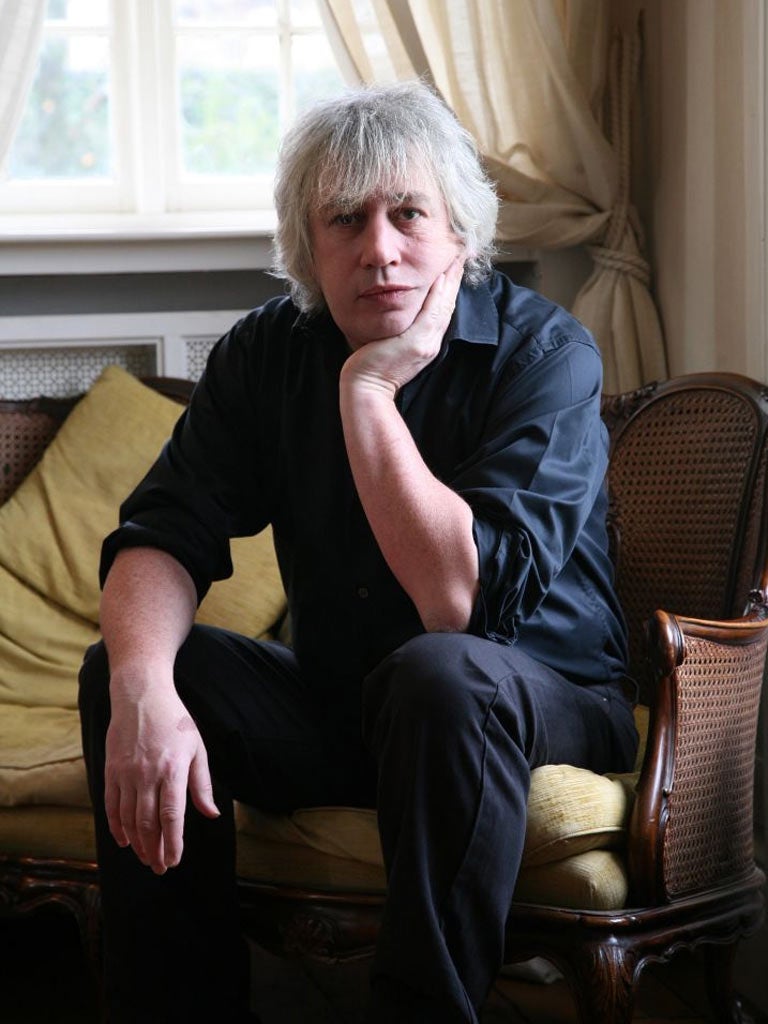The columnist: Liddle the 'liberal fundamentalist' with a scandalous cuttings file

Rod Liddle defines himself as a "liberal fundamentalist" and he is never far from controversy. Sacked from a prestige job as editor of the BBC Radio 4 Today programme, he was also the first blogger ever to be censured by the Press Complaints Commission.
He has variously enraged women for writing about his ex-wife as a "total slut and a slattern", African-Caribbeans for wrongly claiming that the "overwhelming majority" of London crime was caused by young black men, and Muslims for inflammatory articles such as one entitled "Islamophobia: Count Me In."
Liddle, 51, is one of Britain's most prolific polemicists with columns in The Sunday Times, The Spectator and Country Life. He is popular with his readers partly because he can be one of the most amusing writers in the media. Proud of his allegiance to Millwall Football Club, he makes frequent references to his south-east London birthplace and loves to champion a white working-class urban constituency that he regards as threatened by an immigration-loving liberal elite that lives in what he describes as a "golden crescent" north of the River Thames.
Yet Liddle gives vent to his anger from the comfort of his study in a period property in glorious countryside, where he cooks on an Aga and goes out birdwatching. He lives with his beautiful young second wife Alicia, mother of the youngest of his three children. Liddle's first wife, Rachel, has written of how he cut short their honeymoon to resume his affair with Alicia, then 22.
He grew up not in London but Middlesbrough, where he was a teenage punk rocker with a band called Dangerbird before heading for the London School of Economics and from there to the BBC. He rose to become editor of Today, famously hiring Andrew Gilligan (who would be at the centre of the story that prompted the Hutton Inquiry) in an effort to improve the programme's investigative journalism.
Liddle lost his job after he was accused of bias for writing a piece in The Guardian in 2002 in which, despite his love of the outdoor life, he ridiculed the "rather angry, ruddy-faced" marchers of the Countryside Alliance. The controversy was the first of many.
Since establishing himself as a columnist, his favourite themes have been the dangers supposedly posed by religion and immigration. Two years ago, soon after referring to "Muslim savages" on his Spectator blog he used the same platform to make inaccurate claims about the criminal activities of young black men. "Of course, in return, we have rap music, goat curry and a far more vibrant and diverse understanding of cultures which were once alien to us. For which, many thanks," he wrote. In a groundbreaking judgement, the PCC upheld a complaint against the blog and said the Spectator should have corrected it. But Liddle did not accept the finding and said as much in a further post.
His inability to avoid controversy may have damaged his career prospects; he was at one point rumoured to be a possible new editor for The Independent. On a Millwall website, where he logged in as "monkeymfc", his comments appeared sympathetic to the far right. He protested that some of the remarks had been made by someone who had hacked his password and he still argues that his role at The Sunday Times and Spectator is as "an in-house lefty". That description becomes more implausible with every carefully aimed Liddle grenade.
Trials and errors: Rules in court
Any action interfering with trial proceedings – from taking a photograph in court to causing a disturbance in the public gallery – can lead to a charge of contempt of court.
Other serious forms can involve, for example, breaching injunctions, identifying the victims of sexual crimes, naming children in court proceedings or potentially influencing a jury.
A person accused of this must be found guilty of creating a "substantial risk of serious prejudice" – meaning that in practice it affects only trials by juries, as senior judges are considered able to ignore outside influence.
This most often affects journalists, though the rise of social networking websites means the general public are also at increased risk these days.
The maximum jail sentence that can be imposed is two years, but there is no limit to the size of fine that can be imposed.
Rob Hastings
Bookmark popover
Removed from bookmarks